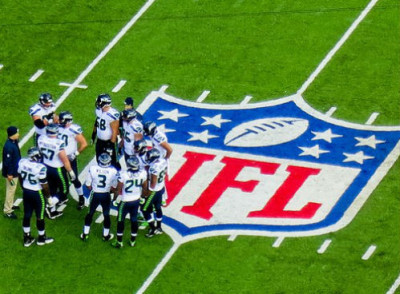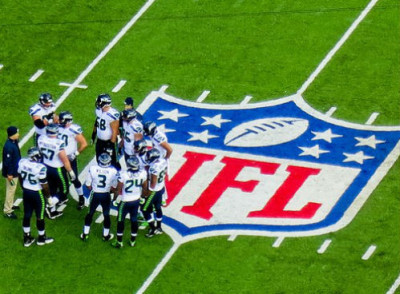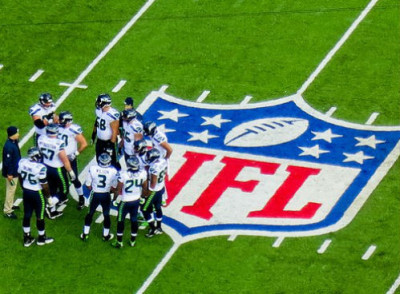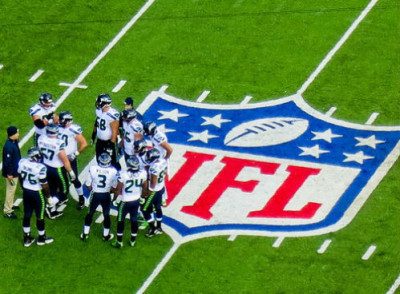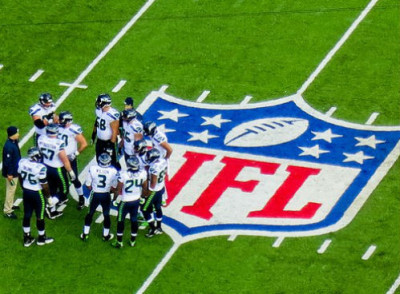Big data has taken the tech world by storm in the last years, as new applications are developed every day, ranging from retail and advertising to healthcare and politics. The impact of big data analytics is now spilling over novel fields, such as sports and online gaming. Could the use of big data signal the end of betting, as powerful data analytics might be employed to accurately predict the results of all sorts of games, leaving little room for hopeful optimists to make their wagers?
Never mind Paul the Octopus, here is big data
In the 2014 World Cup, tech giants like Google, Microsoft and China’s top search engine Baidu ventured to use big data to take predicting sports results to another level. Fans that are into betting have always considered statistics when placing bets – in essence, this is what “odds” are– but have never, of course, had the opportunity or the capacity to properly analyze large data sets. Google, on the other hand, does; and they claim they have correctly predicted 14 out of the 16 final World Cup matches. Microsoft also entered the game and did marginally better: they called 15 out of the 16 final matches, missing only the Netherlands’ win over Brazil for third place.
Big Data in numbers games
In contrast to sports, where big data analytics focuses on player performance, team combinations and the results of past games, there are other games that seem slightly more suited for the task: those involving numbers, like card games, or a given set of moves, like chess and Asian strategy game Go. Poker for example has evolved from being a pastime among enthusiasts to creating a worldwide multimillion gaming empire with several international tournaments of different types where professional players compete for prestigious prizes – to learn more about different types of tournaments, you can click here. Now, imagine, if you could predict if your opponent is going to raise, fold or call with a high level of accuracy and play accordingly; this could actually be made possible using big data to mine vast datasets of poker hands and pinpoint behavioral patterns.

This is also what happened when Grand Master and world champion Garry Kasparov competed with IBM’s supercomputer named Deep Blue in a series of the most important chess games ever played. In a rematch a few years later, the new and better version of Deep Blue (also known as Deeper Blue) was able to analyze 200,000,000 moves per second and search through potential strategies up to at least 40 moves ahead. In this final match, Kasparov lost, unable to defeat the sheer analytics power of his opponent.
Could big data be the future?

Nobody likes spoilers, that is for sure – but big data could be used to make ourselves better at our favorite games. Analyzing thousands of matches played in games that require a lot of strategy and mental skills, like chess or poker, as opposed to sports relying mostly on physical stamina and team coordination, could teach us a lot about how to identify recurring mistakes and evolve our game approach. After all, the massive literature on similar games and the meticulous breakdown and study of chess, poker or bridge matches, are in essence foreshadowing big data analytics – only on a much lower scale.
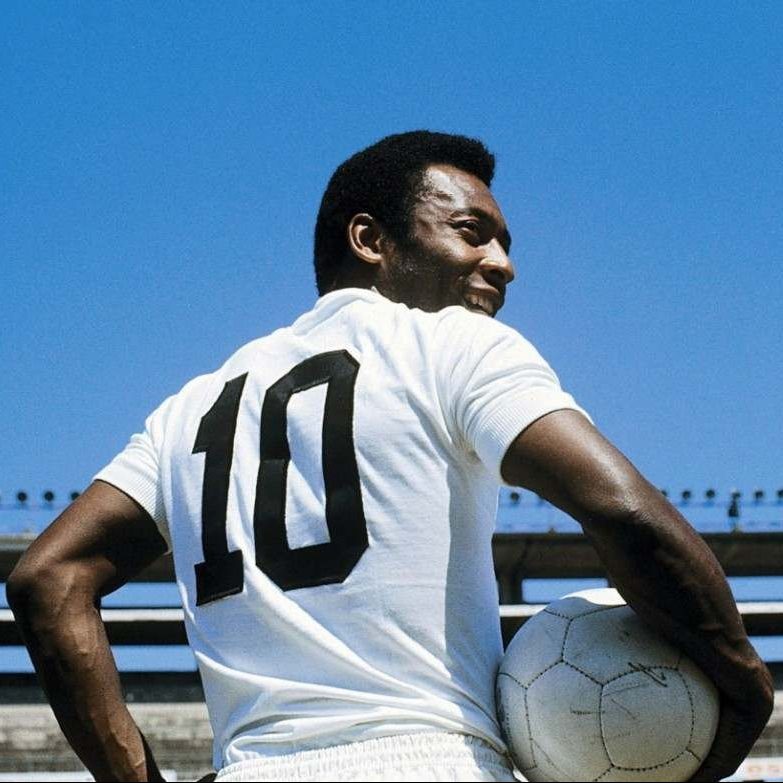

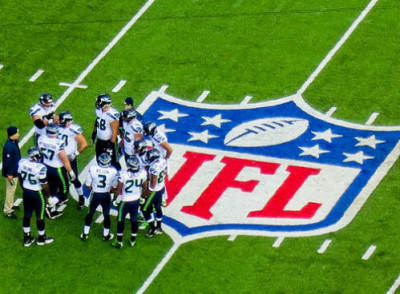
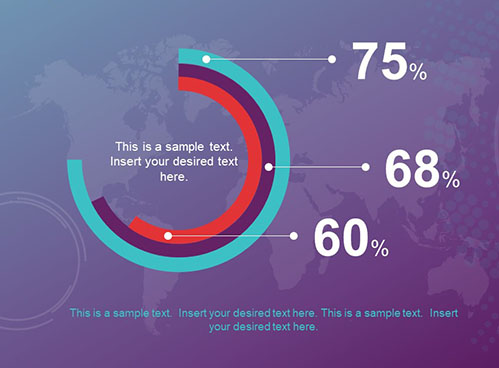
![Poker & AI: The rise of machines against humans [Infographic]](https://crayondata.ai/wp-content/uploads/2022/05/artificial-intelligence-2-2.jpg)


